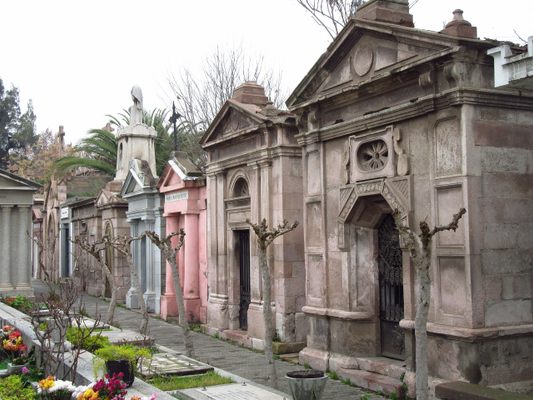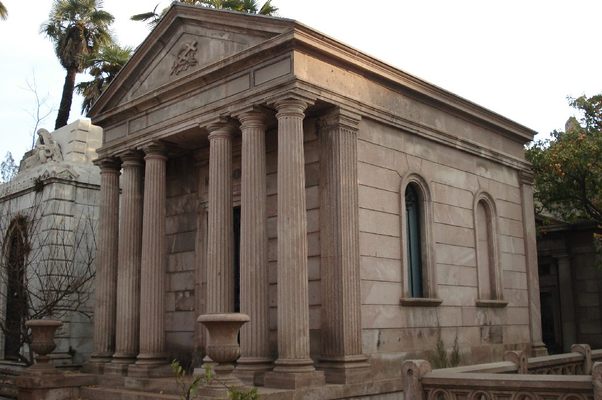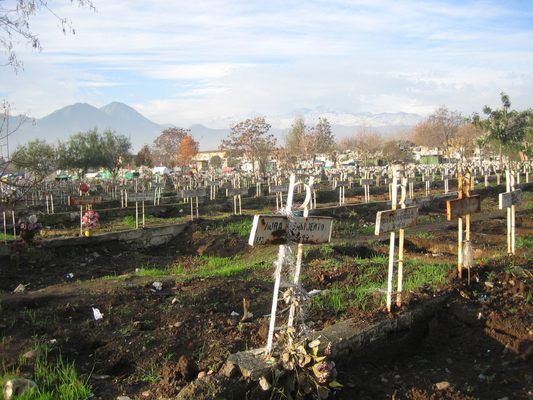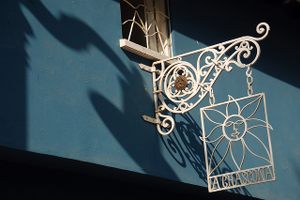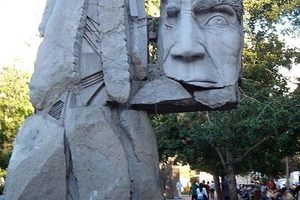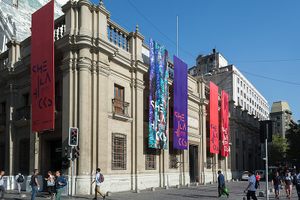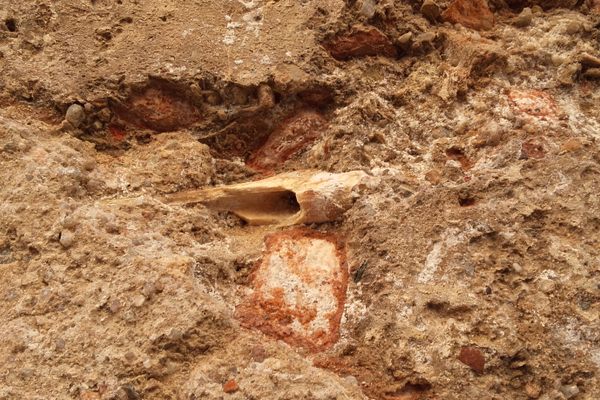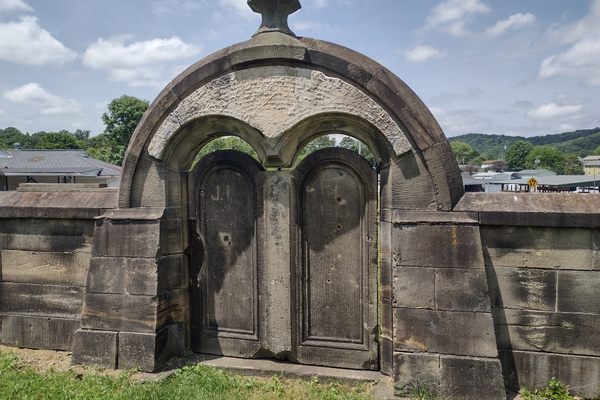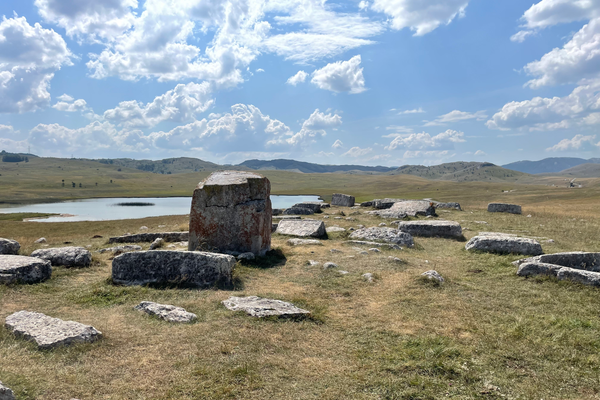About
Latin America is known for its large cemeteries with its grand architecture, and El Cementerio General (the General Cemetery) is among the greatest of these. Spanning 86 hectares, the cemetery is not only the largest in Chile but also one of the largest in South America. Over 2 million people are interred in the cemetery. (For reference, the population of Santiago is about 7 million.)
El Cementerio General was founded in 1821 by the man who led Chile to independence and became the country’s first leader, Bernardo O’Higgins. The oldest part of the cemetery is its southern end, which has been designated a national monument. A domed gatehouse was built on the south side of the cemetery facing the semicircular Plaza La Paz, and two arched arcades run along the perimeter of the plaza. The area near the gatehouse contains most of the oldest graves and architecture in the cemetery, including many ornate mausoleums for many of Chilean history’s wealthiest families, while the northern side of the cemetery contains many newer graves and rows of modern multi-story buildings with niches for more average modern-day Chileans. Several much larger structures are interspersed across the cemetery, including the neoclassical Capilla Verde and the modern multi-story Mausoleo Italiano.
O’Higgins’s intention was for the cemetery to honor Chile’s greatest people, and many famous Chileans have indeed been interred in the cemetery. Most of Chile’s former presidents have been interred in the cemetery, although the 20th-century dictator Augusto Pinochet is notably absent, and quite a few other famous Chilean politicians, writers, academics, and entertainers are also buried here.
However, the memorials for the individual and collective victims of the Pinochet dictatorship attract the most attention. Salvador Allende, who committed suicide during the coup d’etat led by Pinochet, had originally been buried in Viña del Mar, but his remains were exhumed and interred in a new monument built at the center of Cementerio General in 1990. The large Memorial del Detenido Desaparecido y del Ejecutado Político (Memorial for the Disappeared) commemorates the people who were either “disappeared” or executed by the Pinochet dictatorship, and a section of the north end of the cemetery named Patio 29 contains the graves of anonymous individuals who were executed during the early years of the dictatorship, all of which are marked with simple metal crosses.
Today, the cemetery serves as not only the final resting place for many Chileans but also as an open-air museum honoring the greatest people in Chilean history. It attracts not only the families of people who have passed away but visitors from both Chile and abroad who want to learn more about the country’s past.
Related Tags
Know Before You Go
El Cementerio General is open Monday through Sunday from 8:30 am to 5:00 pm. Entry is free. The main entrance faces the Plaza La Paz at the south end of the cemetery; this is also where the main offices for the cemetery can be found. However, it is also possible to access the cemetery from several other entrances as well.
The cemetery is a half-hour walk from the center of Santiago, but it may be more convenient to get there via public transport. The east entrance is located near the Cementerios Metro Station, which is on the L2 (yellow) line. Several bus routes also travel along the east and south sides of the cemetery.
Tours of the cemetery are available and can be booked through the cemetery’s website. These include both daytime and nighttime tours. Note that the tours cost extra.
Be aware that, even though tourists are welcome to visit the cemetery, the location is still in active use. Be considerate of people mourning their deceased relatives.
Community Contributors
Added By
Published
March 14, 2023

